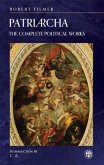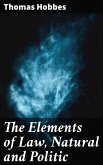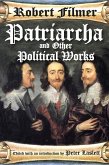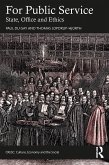In "Patriarcha," Robert Filmer articulates a compelling defense of monarchy, elaborating on his conviction that authority arises divinely through paternal power. Written in the early 17th century, this work employs a rhetorical style infused with philosophical reasoning and biblical references, positioning itself within the broader context of political thought during the Enlightenment. Filmer'Äôs arguments aim to challenge the nascent notions of democracy emerging from the political upheavals of the time, wherein he argues for the sovereign rights of kings as an extension of the family structure, with Adam as the archetypal monarch bestowed authority by God. Robert Filmer, an English political theorist, was influenced by the tumultuous landscape of civil unrest and the evolution of governance in his society. His aristocratic background and relationship with the royal court propelled his belief in the divine right of kings, which he vehemently defends throughout "Patriarcha." This work was conceived as a response to rival theories that questioned traditional monarchical rule, particularly those espoused by thinkers such as Hobbes and Locke. "Patriarcha" is essential reading for those seeking to understand the historical underpinnings of political authority and the defense of absolute monarchy. Filmer'Äôs intricate arguments provide a vital lens through which to examine the philosophical tensions surrounding governance in early modern Europe, making it a valuable text for scholars of political theory and history alike.
Dieser Download kann aus rechtlichen Gründen nur mit Rechnungsadresse in A, B, BG, CY, CZ, D, DK, EW, E, FIN, F, GR, H, IRL, I, LT, L, LR, M, NL, PL, P, R, S, SLO, SK ausgeliefert werden.









